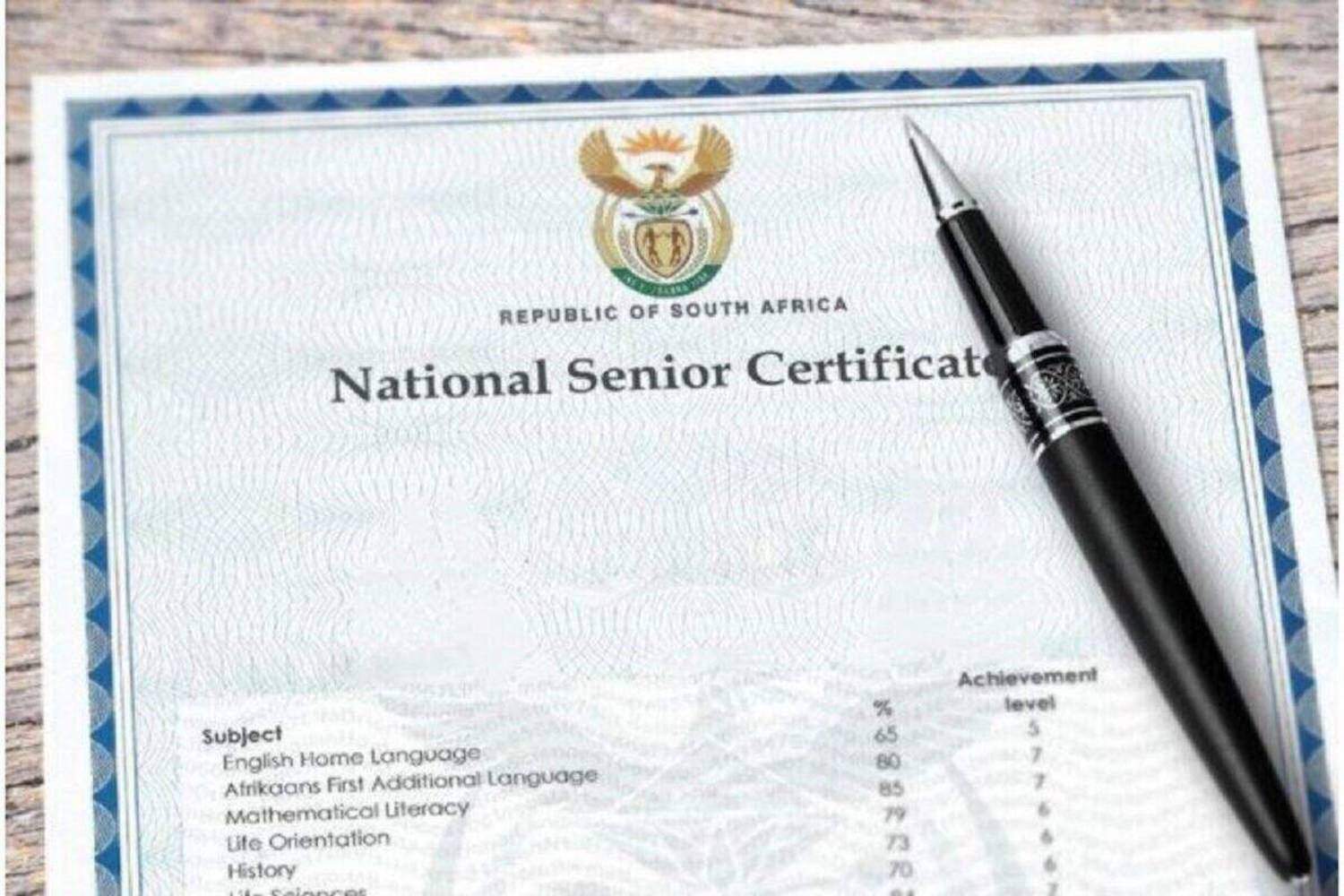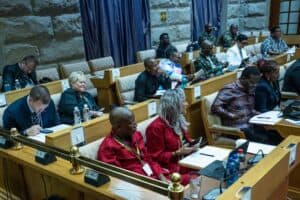'Our children are not failing; they are being failed by overcrowded classrooms and schools without libraries or laboratories.'

Parliament erupted into a charged debate on Friday as Members of Parliament (MPs) clashed over South Africa’s “30% matric pass mark” and the state of basic education.
The debate, initiated by Build One South Africa (Bosa) leader Mmusi Maimane, centred on whether the Department of Basic Education (DBE) should abolish the 30% subject minimum, raise standards and overhaul structural weaknesses in the school system.
‘Lowering the bar buries a child’s potential’
Introducing the motion, Maimane said South Africa must “signal seriousness about standards” by progressively raising the minimum subject threshold.
“Getting 30% in all subjects in matric does not mean you have passed,” he said. “But it does mean you are deemed proficient in that subject.”
Using last year’s maths results as an example, Maimane said: “If we were to require 40%, the maths pass rate would drop from 69% to 47%. At 50%, only 30% of students would pass.”
He argued that “the future of work will be heavily reliant on maths and science,” and that the system continues to push pupils through grades without mastering the basics.
“A student who passes with 30% will not be placed in a TVET college, will not go to higher education, and employers will ultimately deem her unemployable,” he said.
Maimane urged MPs to “move the pass mark from 30 to 50% progressively” alongside structural reforms.
ALSO READ: Matric exams are done! Now what?
A 30% pass is burying black children’s futures
EFF MP Mandla Shikwambana delivered one of the most scathing critiques, saying: “When a nation lowers the bar for its children, it is burying their potential.”
“A child who passes with 30% will not become an engineer, doctor or IT specialist,” he said.
“Our children are not failing; they are being failed by overcrowded classrooms and schools without libraries or laboratories.”
Shikwambana said the EFF wants the pass benchmark raised to 50%.
‘There is no such thing as a 30% overall pass’
Basic Education Minister Siviwe Gwarube warned MPs against “distortions” of the National Senior Certificate (NSC) pass requirements.
“It is essential to the public, parents, teachers and students to hear the facts clearly without distortion,” she said. “There is no such thing as a 30% overall pass mark in the NSC.”
Gwarube stressed that matriculants must meet a “three-tiered set of subject requirements,” which include at least 40% in home language, 40% in two other subjects and 30% in three additional subjects.
She added, “Out of the 724,000 students who wrote the NSC last year, only 189 passed with the minimum subject combination requirement. That is just 0.003% of the overall numbers.”
Calling the idea that pupils “pass matric with 30%” a “misunderstanding and perhaps a distortion,” the minister said the real crisis lies earlier in the system, especially in reading.
“Eight out of ten 10-year-olds in South Africa cannot read for meaning. This is the national emergency,” she said.
ALSO READ: DBE puts its foot down as performance goals shoot through the roof
Raising the pass mark won’t fix the problem
The minister argued that simply raising the Grade 12 bar would worsen dropout rates.
“Raising standards cannot mean raising barriers. It must mean raising support,” she said.
“If a child cannot read for meaning by Grade 4, the chances of succeeding in later grades diminish sharply.”
Gwarube said reforms should focus on early childhood development, teacher training, curriculum strengthening and “better support for early grade literacy and numeracy.”
She cited the newly-established National Education and Training Council as a key body tasked with reviewing progression requirements and advising on system-wide reforms.
ALSO READ: MEC weighs in on foreigners in schools
‘The 30% myth must be dispelled’
MP Tebogo Letsie supported correcting misinformation. “The idea that a student can get 30% in all subjects and pass matric is incorrect. It is a fallacy,” he said.
Letsie detailed the different requirements for bachelor, diploma and higher-certificate passes, saying each level has “specific thresholds that must be satisfied.”
He cautioned, however, that reforms “cannot be divorced from broader social transformation,” including infrastructure, teacher training and resource gaps.
NOW READ: Matric exams are over: Here’s when you will get your result






